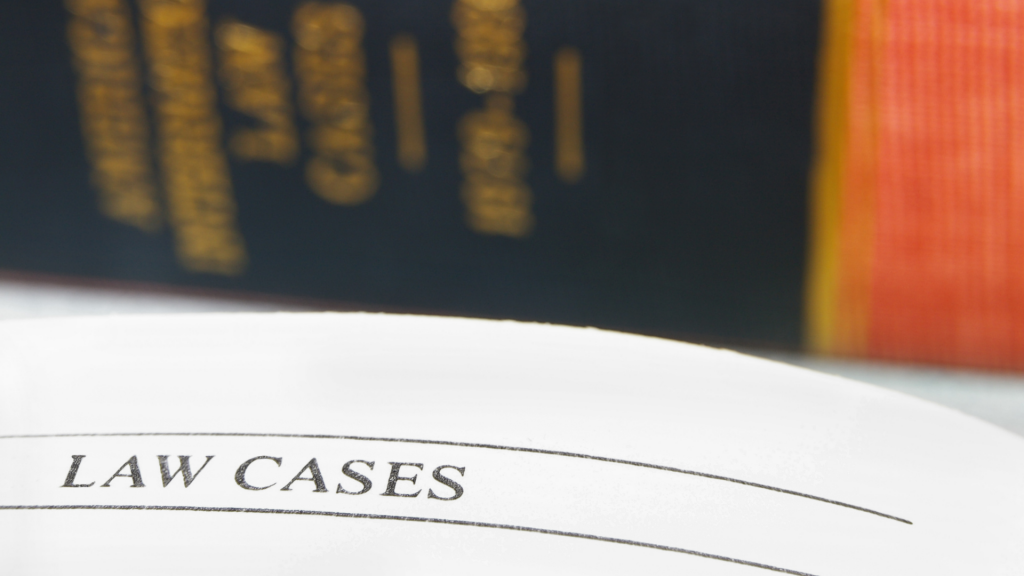If a witness’ testimony is uncontested during a disciplinary hearing or arbitration, what happens?
The presiding officer at either a disciplinary hearing or arbitration can hear both parties (the employer and the employee) explain their respective cases.
Cross-examination of witnesses of the other party will then be conducted.
In law, it is trite that during cross-examination, a party must challenge any evidence that it disagrees with and describe the evidence presented to the witness.
Small v Smith 1954

This principle is probably best described in Small v Smith 1954 (3) SA 434 (SWA) at 438:
Claassen J said: “It is, in my opinion, elementary and standard practice for a party to put to each opposing witness so much of his own case or defence as concerns that witness and if need be to inform him if he has not been notified thereof, that other witnesses will contradict him, so as to give him fair warning and an opportunity of explaining the contradiction in defending his own character. It is grossly unfair and improper to let a witness’s evidence go unchallenged in cross-examination and afterwards argue that he must be disbelieved.
Once a witnesses’ evidence on a point in dispute has been deliberately left unchallenged in cross-examination and particularly by a legal practitioner, the party calling that witness is normally entitled to assume, in the absence of a notice to the contrary, that the witness’s testimony is accepted as correct. More particular is this the case of the witness is corroborated by several others unless the testimony is so manifestly absurd, fantastic or of so romantic a character that no reasonable person can attach any credence to it whatsoever.”
During cross-examination in a disciplinary hearing or arbitration, opposing parties’ witnesses must have an opportunity to respond to their versions.
Regardless of the version left uncontested, the above-mentioned case law describes the significant very well –
“that the witness’s testimony is accepted as correct.”
Consequently, if the opposing party disagrees with the other party’s version, then that version should be challenged.
After the other party rejects the witness’ testimony, the chairperson, or alternatively the arbitrator, will accept that testimony as correct.







